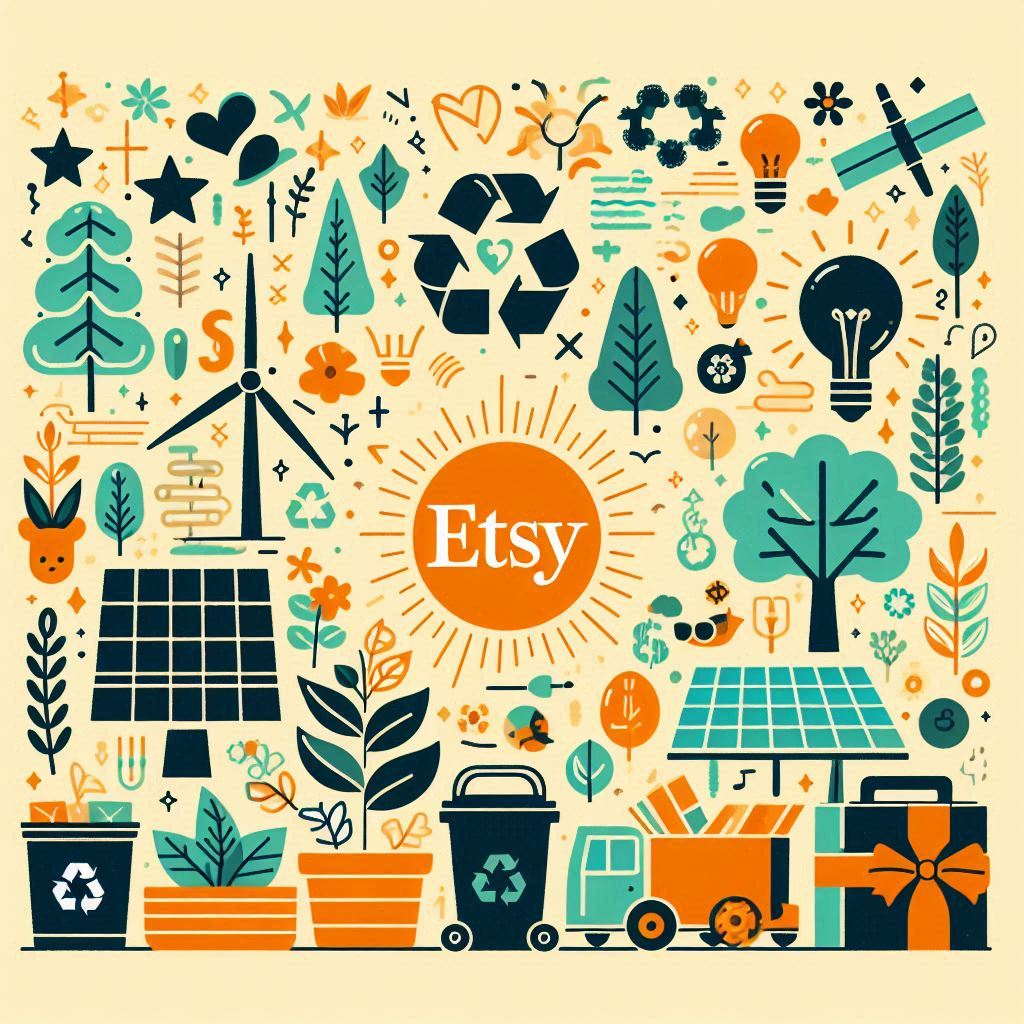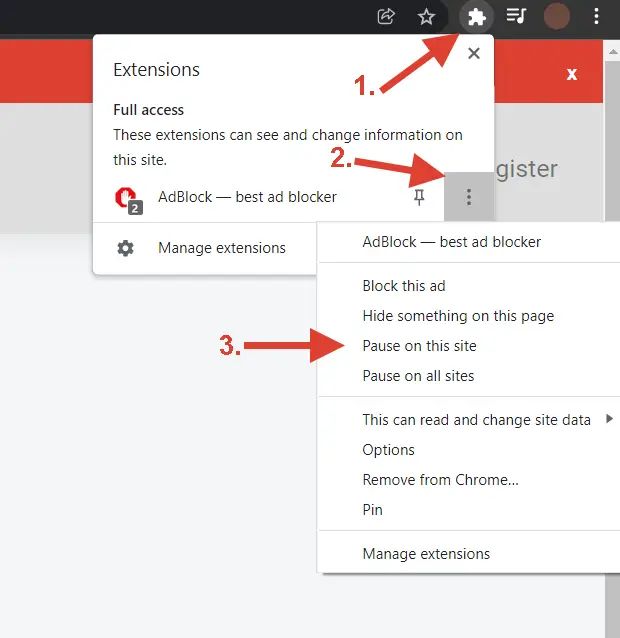In an age where consumers are increasingly conscious of their environmental and social impact, the question of where we shop matters more than ever. Marketplaces like Etsy, known for handmade goods, vintage items, and unique crafts, naturally find themselves at the center of this conversation. Shoppers often wonder if supporting these small creators also means supporting a more sustainable and ethical form of commerce.
This article provides a comprehensive deep dive into Etsy’s sustainability initiatives. We’ll explore the company’s corporate-level commitments, the inherent eco-friendly nature of its marketplace model, and the ethical considerations for both buyers and sellers. By the end, you’ll have a clear understanding of Etsy’s role in the movement toward more mindful consumption.
Table of Contents
- Etsy’s Corporate-Level Sustainability Commitments
- The Marketplace Model: Fostering an Eco-Friendly Community
- Ethical Commerce: Empowering Small Businesses and Artisans
- Navigating the Nuances: How to Be a Conscious Shopper on Etsy
- Frequently Asked Questions
Etsy’s Corporate-Level Sustainability Commitments
When evaluating a company’s environmental impact, it’s crucial to look beyond its products and examine its operational practices. To understand how is etsy sustainable on a corporate level, we need to look at its two most significant initiatives: carbon-neutral shipping and renewable energy usage.
First and foremost is Etsy’s landmark commitment to offsetting 100% of carbon emissions from shipping and packaging. Every time an item is purchased through Etsy, the company automatically purchases verified carbon offsets to balance out the environmental impact of its journey to your door. This program, funded directly by Etsy’s revenue at no extra cost to buyers or sellers, addresses a major component of e-commerce’s carbon footprint. The offsets support environmental projects that reduce greenhouse gases, such as forest protection, wind and solar farm development, and methane-capturing initiatives.
Beyond shipping, Etsy has focused on powering its own operations with clean energy. The company has achieved its goal of sourcing 100% renewable electricity for its marketplaces and operations, including its offices and the data centers that keep the website running. This is a critical step that demonstrates a commitment to sustainability that goes beyond just the transactions on its platform.
The Marketplace Model: Fostering an Eco-Friendly Community
While corporate policies are essential, the very nature of Etsy’s marketplace model contributes significantly to its green credentials. The platform inherently champions practices that stand in stark contrast to mass production and fast fashion. So, is etsy eco friendly? In many ways, the answer lies with its millions of independent sellers.
Etsy’s community is built on several key pillars that promote sustainability:
- Small-Scale Production: The majority of sellers on Etsy are individuals or small teams creating items by hand or in small batches. This model avoids the waste, pollution, and resource depletion associated with large-scale factory manufacturing.
- Use of Sustainable Materials: Many Etsy creators prioritize eco-friendly materials. You can easily find products made from reclaimed wood, upcycled fabrics, recycled glass, organic cotton, and other low-impact resources. The platform encourages sellers to use tags like “recycled” and “upcycled” to help buyers find these items.
- Emphasis on Durability and Craftsmanship: Handmade goods are often made with a level of care and quality designed to last, promoting a “buy it for life” mentality over disposable consumerism.
- Vintage and Secondhand Goods: Etsy is one of the largest online destinations for vintage items. Promoting the reuse and resale of existing goods is a cornerstone of the circular economy, reducing waste and the need for new production.
By providing a global platform for these types of goods, Etsy facilitates a more sustainable form of commerce centered on human-scale production and resourcefulness.
Ethical Commerce: Empowering Small Businesses and Artisans
Sustainability isn’t just about the environment; it’s also about people. The ethical dimension of commerce involves fair labor, economic empowerment, and transparency. This brings up an important question: is etsy ethical?
At its core, Etsy’s mission is to “Keep Commerce Human.” The platform was designed to empower independent artists, designers, and collectors to build their own businesses on their own terms. It provides a direct channel between the creator and the consumer, cutting out many of the middlemen that often absorb profits in traditional retail. This model supports:
- Economic Empowerment: Etsy provides millions of people, many of whom are women or from underrepresented communities, with a viable way to earn a living from their craft. It fosters entrepreneurship and financial independence.
- Preservation of Craftsmanship: The platform helps keep traditional skills and crafts alive in a world dominated by automation and mass production.
- Transparency: Buyers can often communicate directly with the person who made their item, learning about their process, materials, and story. This human connection is a key part of the ethical shopping experience.
Given these factors, the next logical question is, is buying from etsy ethical? For the conscious consumer, the answer is largely yes. When you buy from an independent seller on Etsy, you are typically supporting a small business owner directly, validating their creative work, and contributing to a more distributed and equitable economy.
Navigating the Nuances: How to Be a Conscious Shopper on Etsy
While Etsy has strong sustainability and ethical frameworks, its open nature means the practices of its millions of sellers can vary. The rise of “print-on-demand” services and the occasional presence of resellers selling mass-produced goods means that not every item on the platform aligns with the core handmade and eco-friendly ethos.
To ensure your purchases align with your values, here are a few tips for shopping consciously on Etsy:
- Read Shop Profiles and Item Descriptions: Look for sellers who are transparent about their materials, production process, and business values. Many eco-conscious sellers proudly share their sustainability story.
- Use Specific Search Terms: Add keywords like “recycled,” “organic,” “upcycled,” “reclaimed,” or “locally sourced” to your searches to find sellers who prioritize these materials.
- Filter by Location: Use the “Shop location” filter to find sellers in your country or region. This can reduce the carbon footprint of shipping and supports your local economy.
- Communicate with Sellers: Don’t hesitate to send a message to a seller to ask questions about their products or practices. A passionate creator will usually be happy to share more details.
- Check Reviews: Reviews can sometimes offer insights into product quality, the accuracy of the listing, and the seller’s service.
By being an informed and engaged buyer, you can actively use the Etsy platform to support the most sustainable and ethical creators.
Frequently Asked Questions
Is Etsy sustainable?
Etsy demonstrates a strong commitment to sustainability through both its corporate initiatives and its marketplace model. The company offsets 100% of carbon emissions from shipping, powers its operations with 100% renewable electricity, and provides a platform that champions small-scale production, handmade quality, and the use of vintage and upcycled materials.
How does Etsy’s carbon-neutral shipping work?
Etsy calculates the carbon emissions generated from shipping and packaging for every transaction. It then invests in verified environmental projects, known as carbon offsets, that reduce greenhouse gases in the atmosphere. These projects include things like protecting forests or developing wind and solar farms. This service is provided at no extra cost to buyers or sellers.
Are all products on Etsy handmade?
Etsy’s official policy requires that items listed in the “Handmade” category must be made or designed by the seller. However, the platform also has categories for Vintage items (must be at least 20 years old) and Craft Supplies. While Etsy has policies to prevent the sale of mass-produced, unoriginal goods, some listings may occasionally slip through moderation.
What is the difference between “sustainable” and “ethical” shopping on Etsy?
Sustainable shopping on Etsy generally refers to supporting products and practices that are environmentally friendly—such as using recycled materials, avoiding waste, and reducing carbon footprints. Ethical shopping focuses more on the human element—supporting small business owners, preserving craftsmanship, and ensuring fair economic practices. The two concepts often overlap, as many sellers who prioritize one also value the other.


